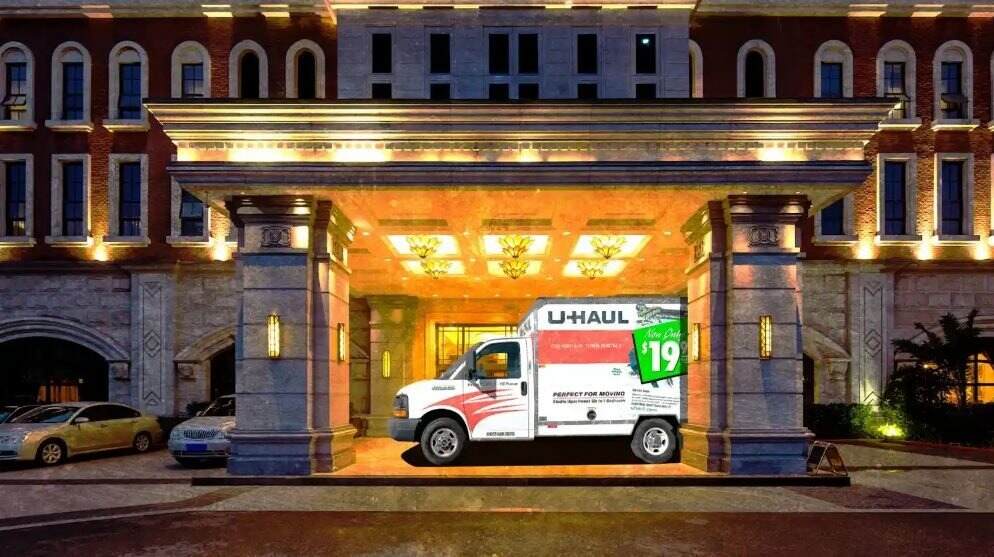- | 9:00 am
Hotels are now the hottest real estate for converted housing
Hotels can be easier to redesign into apartments than office buildings—but the shift is also due to the economy.

More buildings are being converted into apartments in the U.S. than ever before, and it’s not just old offices that are finding new use.
After the COVID-19 pandemic disrupted relocation patterns and work arrangements nationwide, suddenly vacant city office space seemed like prime real estate for housing. But it’s actually hotels more than any other building type that are driving the spike in conversions now: Hotels made up 37% of all apartment conversions in 2024, followed by offices at 24%, industrial at 19%, schools at 8%, and other at 12%.
New sourcing to meet newfound growth
This shift in sourcing comes at a time when a record number of converted apartments are hitting the market. 24,735 such units were completed in 2024, according to a new report from the property management and apartment listing site Rent Cafe. That’s up about 50% from 2023, when 16,513 apartments were converted. That trend is expected to continue. There are currently 181,000 apartment conversions currently in development, according to the report.
While office-to-apartment conversions are on the rise, some office buildings present design challenges that stand in the way of adaptive reuse, like utilities that aren’t wired for multifamily residential use, or a lack of windows, which would fail to meet residential codes for bedrooms.
The process for redesigning a hotel into a residential space is much more streamlined by comparison, as it already has a base infrastructure of single unit residences, much like the apartment complex it will become. That similarity suggests that converting the space would require less rewiring, less HV/AC installation, less tear downs, and less time and money for the developer.
Hotels under pressure
The rise in hotel-to-apartment conversion is driven less by design, though, than by economic factors. The American Hotel & Lodging Association (AHLA) said in its 2025 report that U.S. hotel industry is experiencing a period of stagnation because of operating costs that are growing faster than related revenue as travel patterns normalize post-pandemic.
Some hotel owners, then, are choosing to sell. According to the Rent Cafe report, most of the hotels that converted were more vulnerable to market uncertainty. Hotels that cater to the wealthy are doing just fine, though, which makes sense considering the K-shaped recovery from the pandemic recession.
People who can’t afford their rent can’t afford to travel either, and the buildings that once made up the infrastructure of these industries are adapting to the times. Hotels that once catered to middle-class travelers are now making a play for middle-class renters.







































